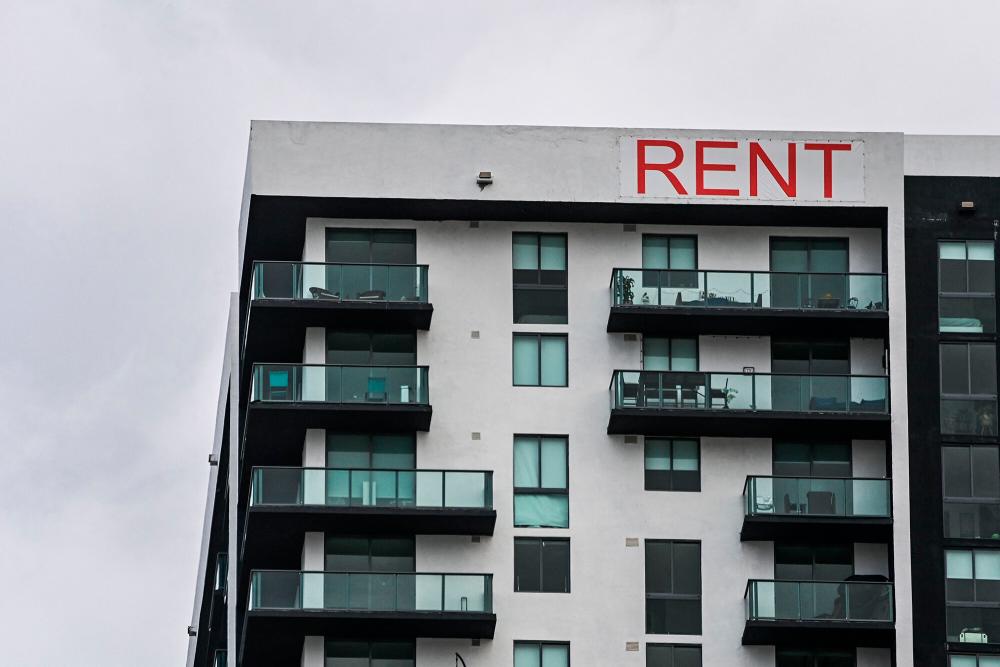AS individuals with passive rental income need to file personal tax returns by April 30, 2023, this article provides an overview of the taxation of rental income. Most individuals receive rental income of a passive nature, and this effectively means that they do not provide maintenance or support services such as security, cleaning, repairs, and maintaining common areas to tenants.
Against such passive rental income, landlords can claim deductions on expenses related to the renting of the property, such as quit rent, assessment, fire insurance premiums, expenses on rent collections or rent renewals, repairs to the structure of the property, fittings and any equipment provided as part of the rental, utilities borne by the landlord, and interest paid on loan taken out to finance the purchase of the property rented out.
If the property is temporarily vacant for less than two years, expenses incurred during that period are deductible even though no income is earned. They include maintenance and utility bills. However, renovation expenditure will be capital in nature and cannot be deducted.
If you have more than one property earning passive rental income, you can group all rental income and expenditure together. Effectively, you will be able to offset the loss from one property against the profit of another property. However, the loss incurred prior to the first time the property is being rented out will not be allowed for set-off. Losses from the letting of the properties which are of a passive nature cannot be carried forward to the following tax year.
Rental received in advance is taxable in the tax year in which it is received. Expenses in relation to that income incurred in future years can be claimed in the same year the income was taxed. However, an amendment must be made to the earlier tax return where the advance rental was taxed.
If the landlords provide furnished units such as washing machines, dryers, air-conditioners, built-in cupboards, etc., capital allowance or tax depreciation claims are not available for passive rental. The date of commencement of the property let out on a passive basis is the date the property is rented out for the first time. Expenditures incurred prior to the commencement date such as agent fees, advertising costs to find the first tenant, legal fees to prepare the first tenancy agreements, etc. are not tax deductible. Utility deposits and rental deposits that will be refunded to the tenants at the end of the tenancy are not taxable.
Business rental
If the landlord is actively and comprehensively providing maintenance and support services as mentioned above, the landlord’s rental income will be treated as business income, and will be eligible for any losses to be carried forward, and will be entitled to claim capital allowance on the capital assets provided in the building such as lifts, air-conditioners, refrigerators, washing machines, dryers, furniture and fittings, etc.
The rental of such properties which is treated as business income to related parties who are relatives to one another, or companies controlled by the individual, needs to be on an arm’s length basis. For example, the property is being let by the father to the son/daughter, the market rental rate has to be charged to the young one. This does not apply to passive rental income.
It should be noted that individuals receiving rental income of a business nature are required to file their returns by June 30, 2023.
This article is contributed by Thannees Tax Consulting Services Sdn Bhd managing director SM Thanneermalai (www.thannees.com).













